A kitchen backsplash is not only a practical element but also a key design feature that can transform the look and feel of your space. Among the myriad options available, brown subway tiles offer a timeless and versatile choice for homeowners looking to add warmth and character to their kitchen. Today we will discuss the benefits, design considerations, installation process, and maintenance tips for incorporating a brown subway tile backsplash into your kitchen.

The Appeal of Brown Subway Tiles
Brown subway tiles are a popular choice for kitchen backsplashes due to their earthy tones and classic appeal. Unlike bolder colors, brown tiles provide a neutral backdrop that complements a wide range of kitchen styles, from rustic and farmhouse to modern and industrial. Whether you prefer a warm chocolate hue or a rich espresso shade, brown subway tiles offer endless possibilities for customization and versatility.
Subway tiles are renowned for their timeless charm and enduring popularity in interior design. Their simple yet sophisticated appearance adds visual interest to the kitchen without overwhelming the space. Brown subway tiles, in particular, can evoke a sense of warmth and coziness, creating a welcoming atmosphere that’s perfect for gathering and entertaining.

Design Considerations
When selecting brown subway tiles for your kitchen backsplash, consider factors such as tile size, finish, and layout. Subway tiles are available in various sizes, including the classic 3×6-inch format as well as larger or smaller dimensions. Choose a size that complements the scale of your kitchen and the aesthetic you wish to achieve.
Additionally, pay attention to the finish of the tiles, which can range from glossy and polished to matte and textured. A glossy finish reflects light and adds a touch of elegance to the space, while a matte finish offers a more understated and organic look. Consider the overall style of your kitchen and select a finish that harmonizes with your existing decor elements.
In terms of layout, the classic running bond pattern is a popular choice for subway tile backsplashes, but you can also experiment with herringbone, vertical stack, or other creative layouts to personalize your design. Be sure to visualize the layout before installation to ensure a cohesive and visually pleasing result.
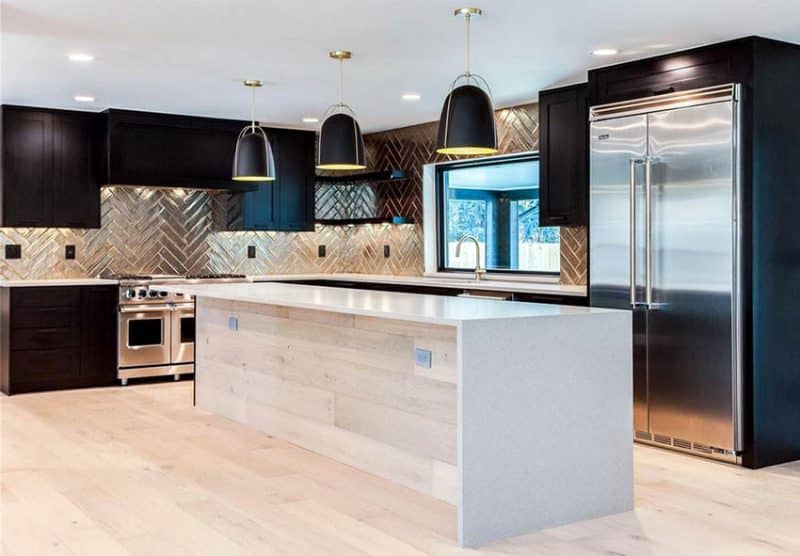
Installation Process
Installing a brown subway tile backsplash requires careful planning and precision to achieve professional-looking results. Start by preparing the surface of the wall, ensuring it is clean, smooth, and free of any debris or grease. Apply a suitable adhesive to the wall using a notched trowel, then carefully press each tile into place, leaving uniform grout joints between them.
Use tile spacers to maintain consistent spacing between the tiles and ensure straight, even lines. Once the adhesive has dried, typically after 24 hours, apply grout to the joints using a grout float, pressing it firmly into the gaps. Wipe away any excess grout with a damp sponge, then polish the tiles with a clean cloth to remove any residue.
Take care to follow manufacturer instructions and safety precautions throughout the installation process, especially when handling adhesives and grouts. If you’re not confident in your DIY skills, consider hiring a professional tile installer to ensure a flawless finish.

Maintenance Tips
To keep your brown subway tile backsplash looking its best, regular maintenance is essential. Wipe down the tiles with a mild detergent and water solution as needed to remove grease, food splatters, and other stains. Avoid using harsh abrasives or acidic cleaners, as these can damage the tiles or grout.
Seal the grout annually to protect it from moisture and stains, especially in areas prone to splashes and spills. Use a quality grout sealer and follow the manufacturer’s instructions for application. Additionally, inspect the caulking around the edges of the backsplash periodically and reapply the caulk as needed to prevent water intrusion and maintain a watertight seal.
By incorporating these maintenance practices into your routine, you can preserve the beauty and longevity of your brown subway tile backsplash for years to come.

Common Mistakes to Avoid
Neglecting Proper Surface Preparation: Failing to properly clean and prepare the wall surface before installation can compromise the adhesion of the tiles and result in uneven or insecure placement.
Skipping Tile Spacers: Neglecting to use of tile spacers can lead to irregular grout lines and a sloppy appearance. Take the time to ensure consistent spacing between tiles for a professional finish.
Using Incorrect Cleaning Products: Harsh chemicals and abrasive cleaners can damage the surface of brown subway tiles and degrade the grout over time. Stick to mild detergents and avoid abrasive tools to maintain the integrity of your backsplash.
Neglecting Grout Sealing: Failure to seal the grout leaves it vulnerable to staining and moisture penetration, which can lead to discoloration and deterioration over time. Be sure to seal the grout regularly to protect and prolong its lifespan.

Are brown subway tiles suitable for all kitchen styles?
Brown subway tiles are incredibly versatile and can complement a wide range of kitchen styles, from traditional to contemporary. Their neutral color and classic design make them a popular choice for various design aesthetics.
How do I choose the right shade of brown for my subway tiles?
Consider factors such as the existing color palette of your kitchen, the amount of natural light, and your personal preferences when selecting the shade of brown. Test samples in your space to see how they appear under different lighting conditions.
Can I install brown subway tiles over existing tile or wallpaper?
It’s possible to install subway tiles over existing tile or wallpaper, but proper surface preparation is crucial for ensuring adhesion and long-term durability. Consult with a professional installer to assess the feasibility of your specific project.
What is the best grout color for brown subway tiles?
The choice of grout color depends on the desired aesthetic and the contrast you wish to achieve. Lighter grout colors can highlight the individual tiles and create a subtle contrast, while darker grout colors can provide a more dramatic effect.
How do I maintain and clean a brown subway tile backsplash?
Regular cleaning with a mild detergent and water solution is usually sufficient to keep brown subway tiles looking their best. Avoid harsh chemicals and abrasive tools, and be sure to seal the grout periodically to prevent staining and moisture damage.
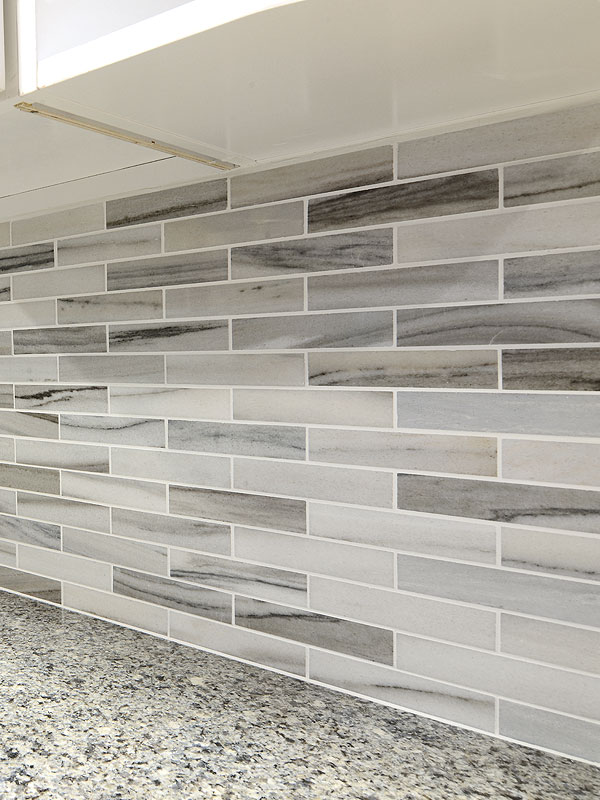
Practical and Beautiful: Reasons Why a Backsplash Is Important

Subway Tile Kitchen Backsplash (Ultimate Guide) – Designing Idea
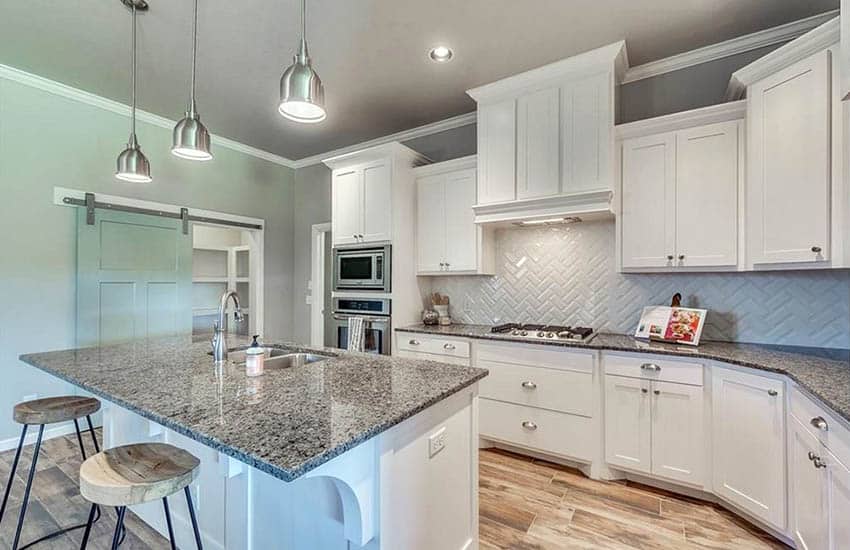
BA311183-kitchen-backsplash-tile Slate backsplash, Diy backsplash, Herringbone backsplash

Trendy And Chic Copper Kitchen Backsplashes
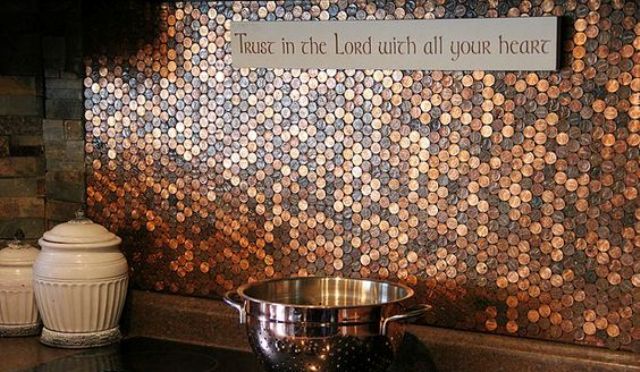
Ways To Use Subway Tiles In The Kitchen
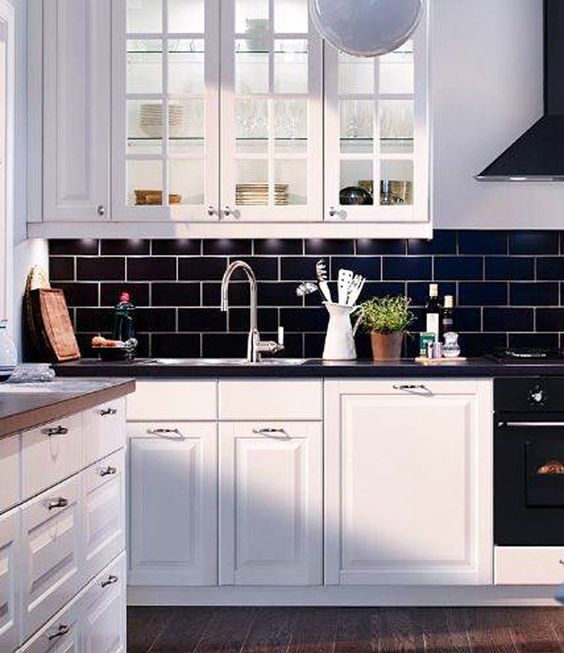
Subway Tiles In The Kitchen Backsplash
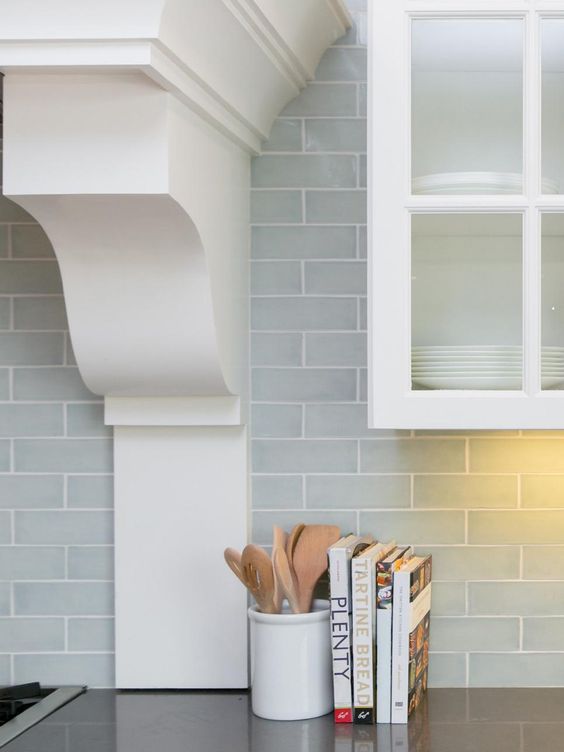
Related Posts:
- Kitchen Backsplash Tiles For Sale
- Kitchen Backsplash Glass Panel
- Backsplash Tiles For Kitchen Ideas Pictures
- Honeycomb Kitchen Backsplash
- Caulking A Kitchen Backsplash
- Ceramic Tiles For Kitchen Backsplash Pictures
- Shell Kitchen Backsplash
- Where To End Kitchen Backsplash Tile
- Best Place To Buy Kitchen Backsplash
- Cork Tiles For Kitchen Backsplash